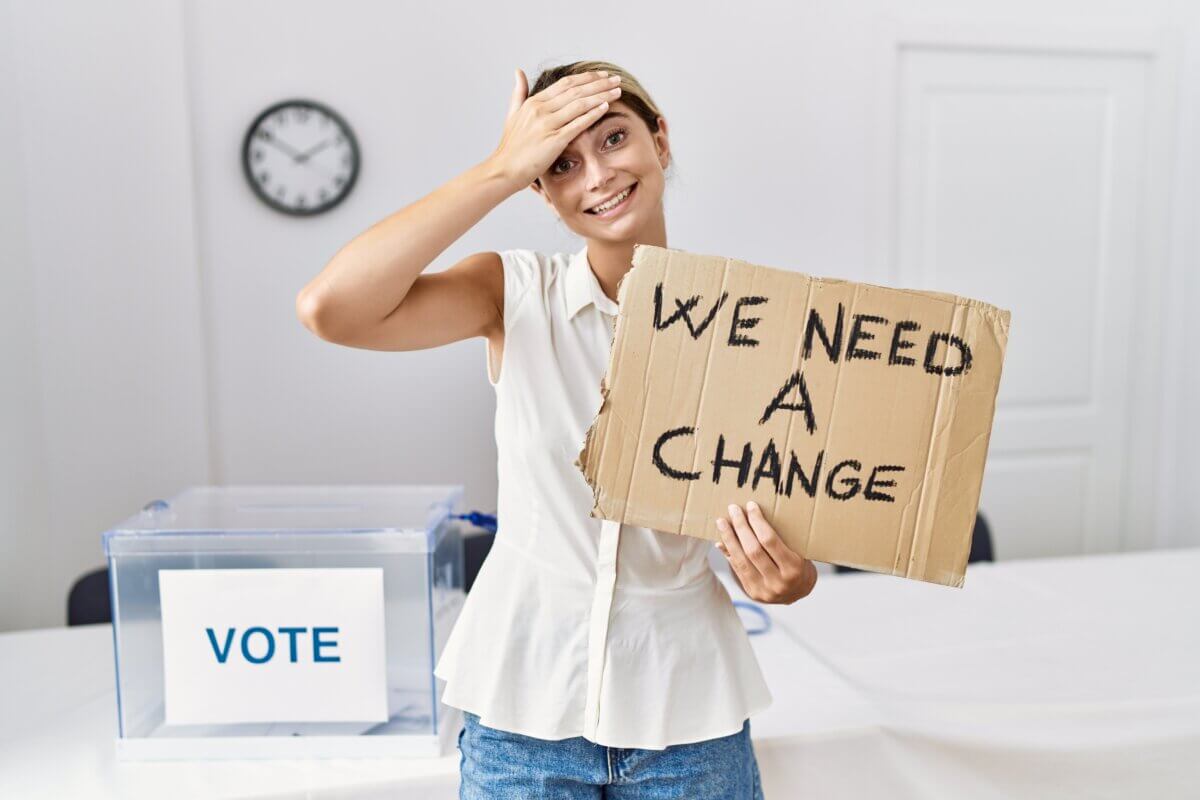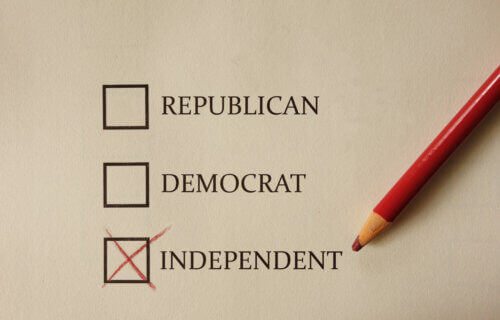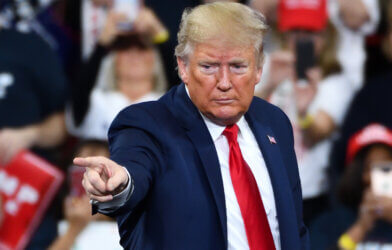COLUMBUS, Ohio — In the current era of extreme political polarization, it turns out that those expressing the most negative views aren’t staunch Republicans or Democrats — they’re independents. Researchers from The Ohio State University found that individuals without strong political affiliations often frame their preferences in terms of opposition rather than support.
The findings, stemming from five distinct studies, indicate that this trend of negative selection by independents isn’t just limited to politics. When it comes to their preferences for baseball teams, academic subjects, and even ice cream flavors, independents typically make choices based on what they dislike rather than what they prefer, study authors explain.
“The thing about independents is that they don’t like either party or candidate enough to say they are a supporter,” says Joseph Siev, who led the study as a doctoral student in psychology at Ohio State, in a university release. “They start out with a negative view of the options.”
Utilizing data from the American National Election Studies conducted between 1968 and 2020, the study gauged participants’ views of political parties and presidential candidates. People had to rate these on a “feeling thermometer” scale from 0 (very unfavorable) to 100 (very favorable). This analysis showed that independents, regardless of whether they leaned Democrat or Republican, consistently exhibited more negative views of political parties and candidates than partisans did.

Results from political surveys by the Pew Research Center corroborated these findings. These surveys queried voters on whether their choice was more in favor of a particular candidate or against another. Across several elections, independents consistently exhibited a pattern of voting against candidates rather than voting in favor of another.
However, this doesn’t imply that party affiliates love their opponents.
“But political partisans base their electoral choices more on who or what they like, whereas independents base their preferences to a greater degree on who or what they don’t like,” says study co-author Richard Petty, a psychology professor at Ohio State.
In non-political contexts, like favoring the New York Yankees over the Boston Red Sox, preferring chocolate ice cream to vanilla, or enjoying math instead of writing, the pattern remained consistent. Those leaning one way or the other often framed their choice in terms of opposition to one option rather than favoring the other.
“This helps put our results from politics in a broader perspective,” notes Siev. “It suggests that independents may be psychologically distinct from other people in meaningful ways. They may have different ways of approaching the world, and framing their preferences in positive or negative ways. It is worth researching more.”
The study is published in the Journal of Experimental Social Psychology.
You might also be interested in:
- American politics really are making people feel sick, study reveals
- American society becoming more liberal than 50 years ago, but voting for more Republicans
- Who wins in 2024? That could depend on the U.S. Postal Service’s efficiency





I’m not negative, people need to vote for the best person not a party, that’s why we don’t get things done efficiently because we vote party to bad wake up…..
If the POTUS candidates in 2024 are only Trump and Biden, I too will become a independent and vote “other”.